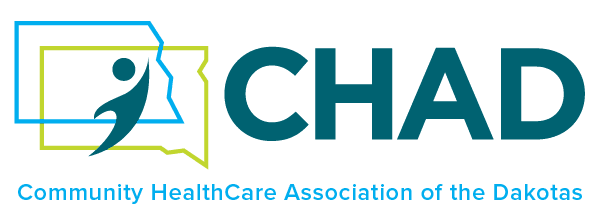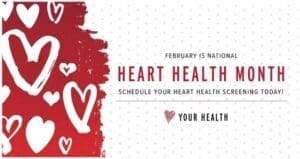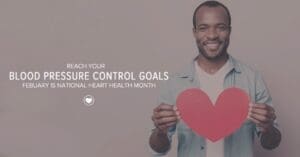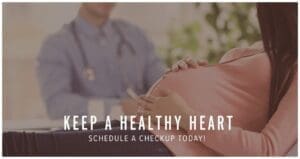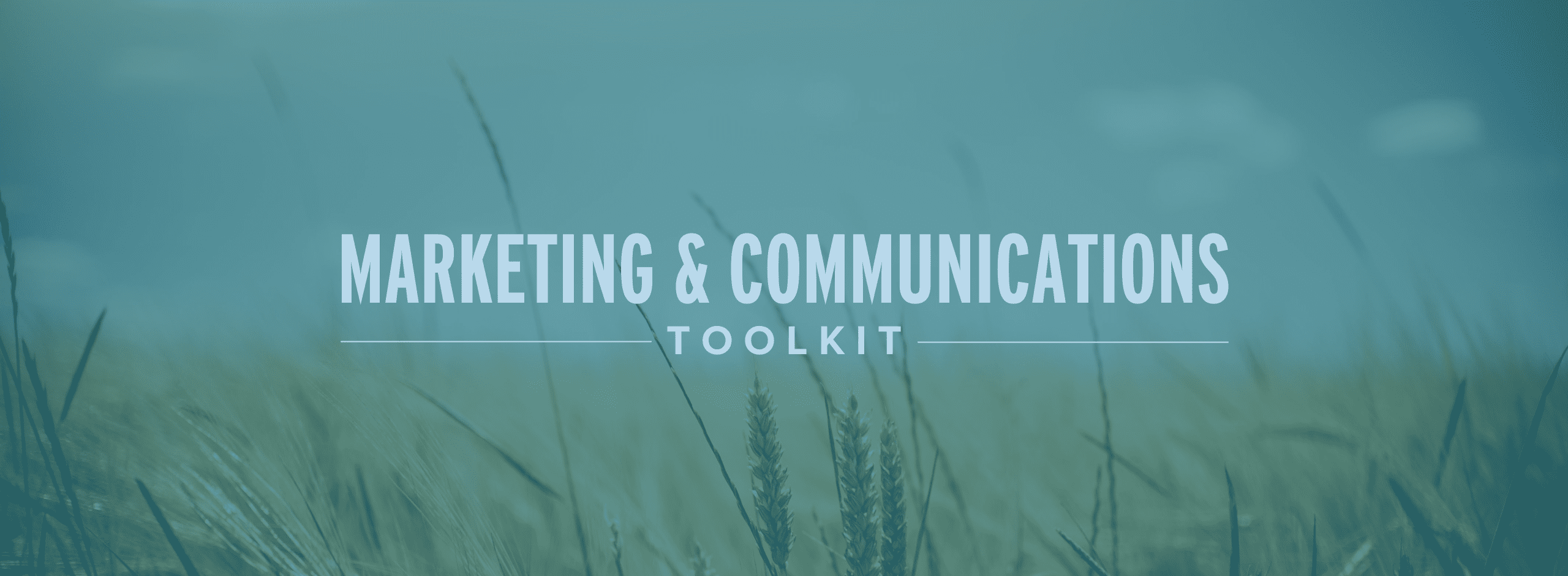
The Clinical Advisory Committee at CHAD, made up of medical directors and leadership from member health centers, has identified hypertension as a top clinical quality priority. See below for sample social graphics & copy, sample reminder/recall messaging, and additional materials including clinical education, patient education, press release, and staff newsletter article.
Please reference the national and state toolkit resources below to help promote awareness, screening, treatment and care.
American Heart Month Toolkit (CDC)
SOCIAL MEDIA
Facebook / LinkedIn Copy:
Taking care of your heart can be as simple as the ABCs. Talk with your health care provider about Aspirin, Blood pressure control, Cholesterol management, and Smoking cessation. #HeartMonth #ValueCHCs https://bit.ly/AHM23PT9
X Copy:
Taking care of your heart can be as simple as the ABCs. Talk with your health care provider about Aspirin, #Bloodpressure control, #Cholesterol management, and Smoking cessation. #HeartMonth #ValueCHCs https://bit.ly/37XbNJB
Facebook / LinkedIn Copy:
High blood pressure is often called the silent killer. You might not have symptoms, but it’s a leading risk factor for heart disease and stroke. Our team is here to help prevent these complications. Call us today to schedule your heart health screening at xxx-xxx-xxxx. #HeartMonth #ValueCHCs
X Copy:
High #BloodPressure is often called the silent killer. You might not have symptoms, but it’s a leading risk factor for heart disease and stroke. We are here to help prevent these problems. Call us today to schedule your heart health screening at xxx-xxx-xxxx. #HeartHealth #ValueCHCs
Facebook / LinkedIn Copy:
High blood pressure control is within your reach. Talk to our supportive health care team about how to reach your control goals. Contact us at xxx-xxx-xxxx. You’ve got this! #HeartMonth #ValueCHCs
X Copy:
High #BloodPressure control is within your reach. Talk to our supportive health care team about how to reach your control goals. Contact us at xxx-xxx-xxxx. You’ve got this! #HeartMonth #ValueCHCs
Facebook / LinkedIn Copy:
High blood pressure happens in 1 in every 12-17 pregnancies in the US. The good news is that high blood pressure is preventable and treatable. Talk with your health care provider about any blood pressure problems so you can get the right treatment and control your blood pressure—even before you get pregnant. Getting treatment for high blood pressure is important before, during, and after pregnancy to protect both you and your baby. Schedule your checkup today. #HeartMonth #ValueCHCs
X Copy:
High blood pressure happens in 1 in every 12-17 pregnancies in the US. Treatment for high BP is important before, during, and after pregnancy to protect both you and your baby. Schedule your checkup today. #HeartMonth #ValueCHCs
CLINICAL EDUCATION
- Target:BP resources (American Heart Association)
- Blood pressure tools and resources/guidelines for providers (American Heart Association)
- Clinical Core Curriculum Webinars (American Heart Association)
PRINTABLE & SHAREABLE HANDOUTS
(Available in both English & Spanish)
- Managing My Blood Pressure
- My Blood Pressure Log
- My First Blood Pressure Visit
- The Correct Way to Measure Blood Pressure
- High Blood Pressure During Pregnancy
These and more available at: https://www.cdc.gov/heartdisease/american_heart_month_patients.htm
SAMPLE REMINDER, RECALL, AND OUTREACH MESSAGING FOR HYPERTENSION
- Our records show that your last blood pressure was high (≥140/90mmHg). As you know, high blood pressure can lead to headaches, heart attack, kidney damage, and/or stroke. Please call us at xxx-xxxx to schedule a NURSE blood pressure check in the next 30 days. Let’s work together to protect your health.
- Regular check-ups are an important way to manage chronic conditions like hypertension. Our records indicate that you are due for a preventative care visit to check your cholesterol and blood pressure. Please call us at xxx-xxxx to schedule an appointment in the next 30 days.
- Hi, this is <Center Name> and we see that you are due for some screenings as part of your hypertension care. We look forward to seeing you soon!
- HTN control WITH appt — Hi, this is <Center Name>. We look forward to seeing you at your upcoming appointment. Be sure to talk with your provider about ways to keep your blood pressure low. Text STOP to opt out.
- HTN control NO appt — Hi, this is <Center Name>. Keeping your blood pressure low is very important for your health. Please call xxx-xxx-xxxx to schedule an appt with your provider to talk about your blood pressure. Text STOP to opt out.
- Undiagnosed HTN WITH appt — Hi, this is <Center Name>. We look forward to seeing you at your upcoming appointment. Be sure to talk with your provider about your blood pressure because it was high when we last saw you. Text STOP to opt out.
EDUCATIONAL TEXT MESSAGING
- Make the most of your appointment with your provider by filling out this Guide for Discussing High Blood Pressure with Your Doctor.pdf (heart.org). Let us help you stay heart healthy during Heart Month!
- A diet rich in fruits, vegetables, low-fat dairy, and reduced fat can help lower your blood pressure. https://recipes.heart.org/ We want you to stay heart healthy during Heart Month!
- Shop for more fresh fruit, vegetables, and whole grains and fewer prepared foods with high sodium, cholesterol, saturated fat, and trans fat. This Heart Month, we’re here to help you keep your heart healthy and strong!
- Be more active! Aim for at least 90 to 150 minutes of aerobic exercise per week to help maintain a healthy body weight and improve your blood pressure. Take charge of your heart health this Heart Month—we’re cheering you on!
- Exercise can be a great way to help control your blood pressure. Find a safe place to walk or be more active. Increase the time and intensity of your physical activity as you progress. Let’s keep your heart in great shape—Heart Month is the perfect time to start!
- Restrict your sodium intake to less than 1500 mg per day. Less sodium will significantly stop the rise of blood pressure that occurs as we age and will reduce the risk of developing other conditions such as kidney disease, associated with eating too much sodium. Experiment with herbs and spices to flavor your food and avoid the extra salt during Heart Month!
- Learn to read labels and choose foods lower in sodium. Lowering your sodium intake can help lower your blood pressure. Make Heart Month your healthiest yet—we’re here to guide you toward heart health!
- Your health care team has put together a specific medication schedule to help control your blood pressure. Remember that your medication is important to control and maintain your blood pressure. How Do I Manage My Medicines?
SAMPLE STAFF NEWSLETTER ARTICLE OR EMAIL
This American Heart Month, Take Time to De-Stress
February is American Heart Month. According to the American Heart Association (AHA), long-term stress can place you at risk for a variety of health problems, including high blood pressure, heart disease and stroke, headaches, and more. Luckily, there are ways to help manage stress and reduce the risks associated with it. Check out these stress busting tips from the AHA to get started:
- Breathe. According to Dr. Herbert Benson, a cardiologist and Harvard Medical School Mind Body Medicine Professor of Medicine, diaphragmatic (deep) breathing is one of several ways to elicit the relaxation response. Get started with this 30-second breathing video.
- Move more. Movement is good for your heart and your mind. Dance like crazy to get the funk out, try hula-hooping, briskly walk around the block and listen to the birds, or take that exercise class you’ve always wanted to try. Bonus points if you laugh while you’re moving!
- Hit the hay. Getting enough sleep can help you feel less overwhelmed, and more productive and creative. Sleep experts suggest aiming for about seven to nine hours of sleep a night.
To learn more, visit www.heart.org/stress
SAMPLE PRESS RELEASE
February is American Heart Month, and [Health Center Name] is joining in efforts to raise awareness. Cardiovascular disease (including heart disease and stroke) is a leading cause of death in [North Dakota or South Dakota] and the United States. While people of all ages and backgrounds can get the condition, it is largely preventable.
INSERT QUOTE FROM PROVIDER
This American Heart Month, take action to protect yourself against heart disease. Learn the ABCS of heart health:
- A: Take aspirin as directed by your health care professional. Ask your health care professional if aspirin can reduce your risk of having a heart attack or stroke.
- B: Control your blood pressure. Blood pressure measures the force of blood pushing against the walls of the arteries. If your blood pressure stays high for a long time, you may suffer from high blood pressure (also called hypertension).
- C: Manage your cholesterol. Your body needs cholesterol, but when you have too much, it can build up in your arteries and cause heart disease. Talk to your health care professional about cholesterol and how to lower your bad cholesterol if it’s too high.
- S: Don’t smoke. Smoking raises your blood pressure, which increases your risk for heart attack and stroke. Talk with your health care professional about ways to help you quit smoking. It’s never too late to quit, and support is available.
High blood pressure increases your risk for heart attack or stroke more than any other risk factor. Find out what your blood pressure numbers are, and ask your health care professional what those numbers mean for your health. If you have high blood pressure, work with your health care professional to lower it.
[Health Center Name] is here to help you reduce your risks and control your blood pressure. Contact us at [phone/website] to schedule a visit today.
